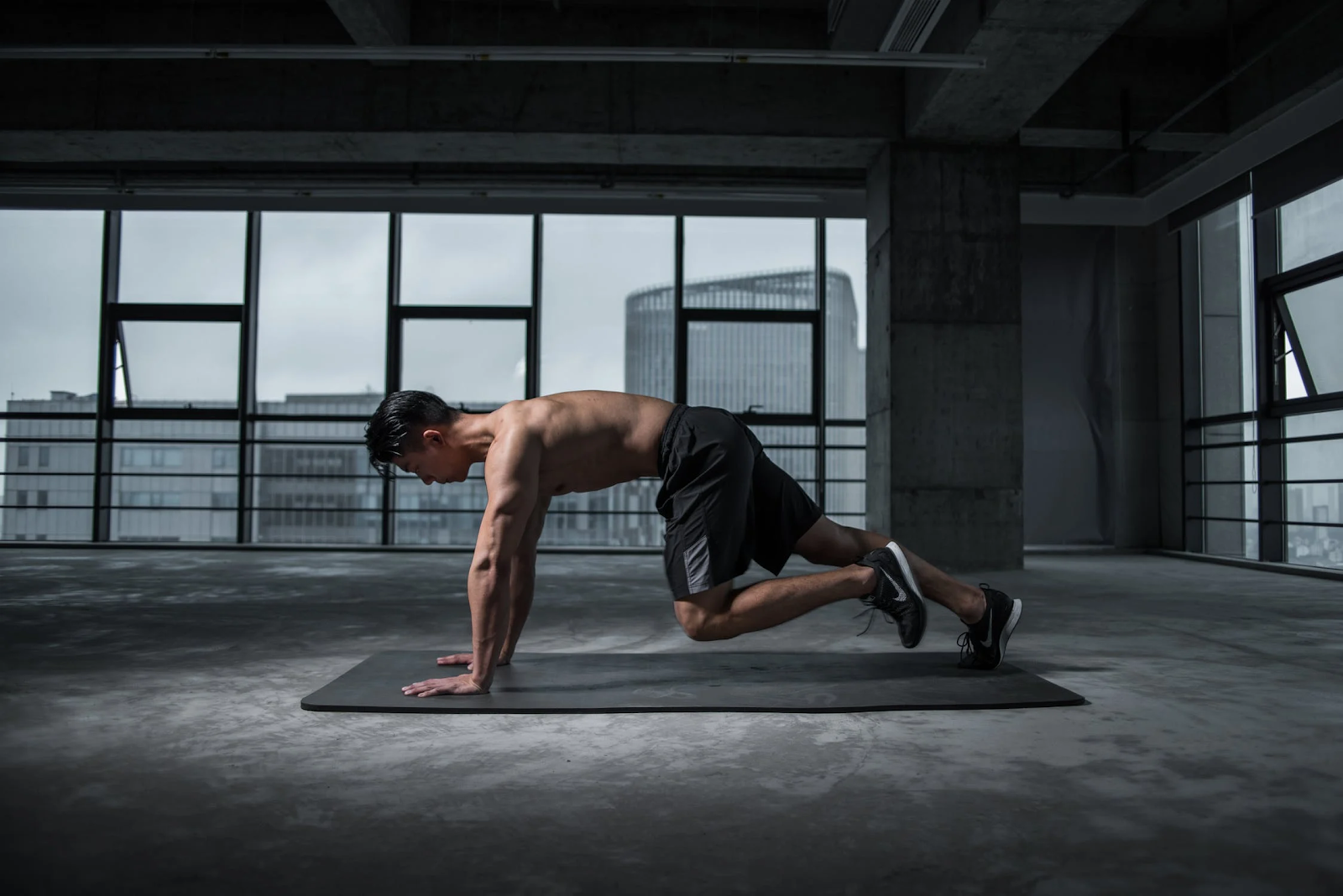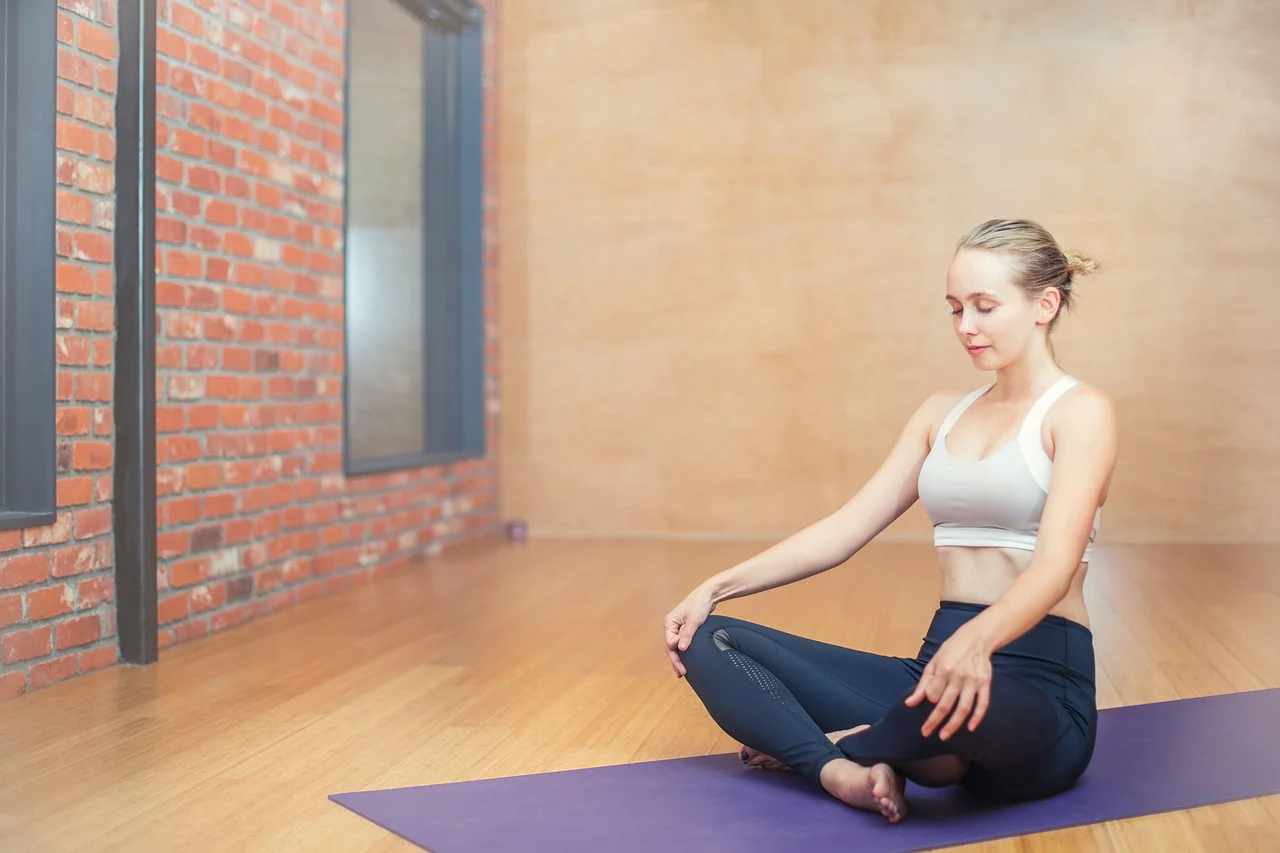The ongoing global COVID-19 pandemic has caused mental health to be at an all time low for adults and adolescents alike.
The negative health impact of the coronavirus goes past mental and into physical, however, and we’re not just talking about those that get sick. As a result of the mandated stay at home orders, people are less motivated to exercise than ever.
True, some have taken the new amount of free time quarantine has given them to get in shape, but when you don’t have your own fitness equipment, what are you supposed to do? Many gyms are closed as a result of the pandemic, and though going outside for exercise walks and runs is permitted… it’s still scary.
Well, thankfully an idea has formed to combat all of this. Mental Health Gyms.
Closure Impact
The pandemic has forced everyone to make a lot of changes, the most obvious of which is simply to stay at home. But while it comes to mental health, doing so is anything but simple.
Times are undoubtedly hard, with schools and business all over the world closing. One of the countless places that’s had to stop operating — or, at the very least in some cases, drastically change how they operate — are gyms.
But how has this affected the people who were going to the gym weekly or daily before everything shut down?

Well, it certainly hasn’t been good. A study conducted by Emicity Research in California found in a study of 2,600 fitness-oriented people that 86% had experienced some negative impact on health, and 54% experienced a negative impact on mental health.
Many of the people surveyed reported lacking the space or equipment necessary to continue with their exercise routine as normal, and in fact nearly a third of them said that they abandoned their routines entirely. When exercising alone, it can be tricky to motivate yourself.
Gym closures have resulted in less challenging and less consistent exercise regimens for these individuals, but 90% of them plan to return to the gyms when they reopen.
Benefits of Exercise
Exercise is incredibly important to your physical health and wellbeing, but it can improve your mental health, too.
There are countless mental health benefits to exercising, including higher levels of energy and lower levels of stress and bodily tension. Your self-esteem and sleep schedule will both improve, along with your memory and your overall mood.
Besides the general positive effects, exercise can be a fantastic way of lessening the symptoms of a variety of mental illnesses, such as depression, anxiety, ADHD, and PTSD.
Exercise has been found to be as effective as antidepressants in combating mild depression, and it comes for free and without the warning label. Maintaining a constant exercise schedule can prevent a relapse, and it will result in many positive chemical changes in the brain, including the release of endorphins.
In addition to endorphins, physical activity releases dopamine, norepinephrine, and serotonin. All of these chemicals assist in your ability to concentrate, which can be very useful to those with ADHD.
Working out is also a fantastic distraction from depression, and anxiety as well. This doesn’t mean you should zone out, but rather focus on positive thoughts, your body, and your breathing to stay grounded. This’ll give you something to think about that’s not causing you any anxiousness.

Focusing on the way your body feels while exercising can also help your nervous system when it comes to trauma responses, particularly those that suffer from immobilization, which is common with PTSD.
The more energy and focus you’re putting into exercising, the less space your mind has for negative emotions. Exercise will help you become more resilient.
A Solution
No question about it, something must be done. The pandemic has brought with it not only immeasurable physical, but mental suffering with mental health at an all time low.
Over 50 million people in the United States are dealing with some form of mental illness, which is 20% of the population, and 264 million worldwide. Depression is the most common of these.
People are terrified of COVID-19— of catching the virus, of losing their jobs as a result of it, of losing their loved ones, of not being able to see their loved ones at all.
Not only that, but people could have relapses of these mental illnesses for the rest of their lives, even once we’ve reached what now seems like an impossible future— the coronavirus being no more.
There are many solutions that have been looked into and must be researched further to help remedy the mental health crisis in this country and others, but Jake Luhrs, founder of YourLife Gym and the mental health non-profit HeartSupport, has a potential solution— the mental health gym.
This is what YourLife is— in addition to exercise equipment, the gym offers mental health training packages and seminars, as well as mindfulness classes.

Luhrs has personally dealt with depression, and he believes that exercise is one of the best ways to combat mental illness. Exercise already helps people improve upon their mental health, and a gym that also seeks interventions is suspected to increase the positive influence.
People who go to their gym very often will be able to talk to mental health professionals on the staff in a familiar setting, which perhaps presents an opportunity to open up that they’ve never had before.
The concept of mental health gyms will also do wonders against the stigma that mental illness makes you weak, as it’s a facility that promotes strength that will also be promoting mental health. Struggling with one’s mental health should be evidence of a person’s strength and resolve rather than the opposite.
Gyms are places to go to improve upon your wellbeing, and physical and mental wellbeing are equally important. Why not, then, can a gym be for both?
